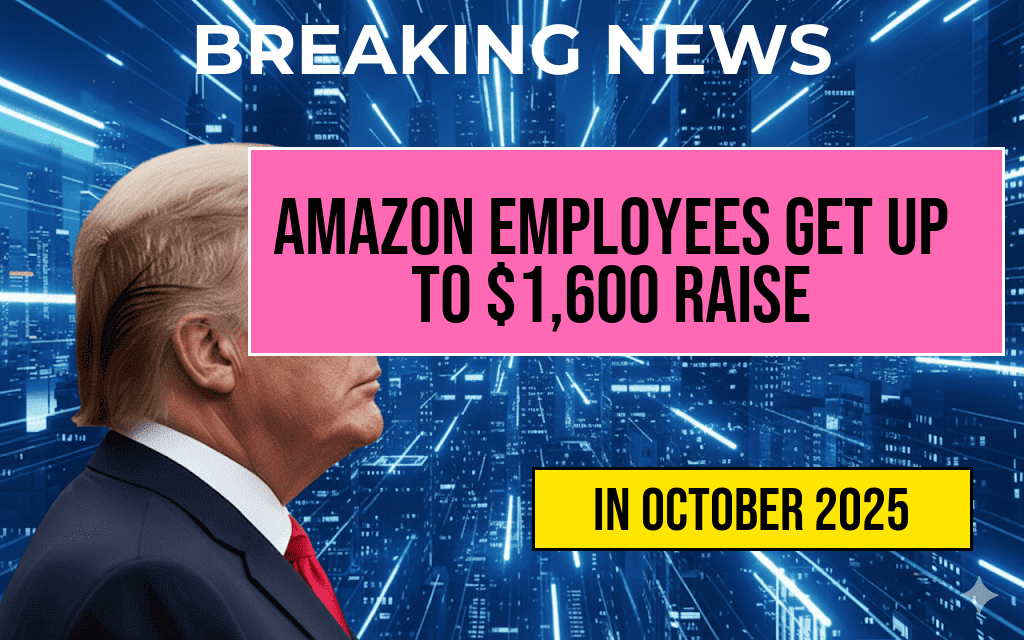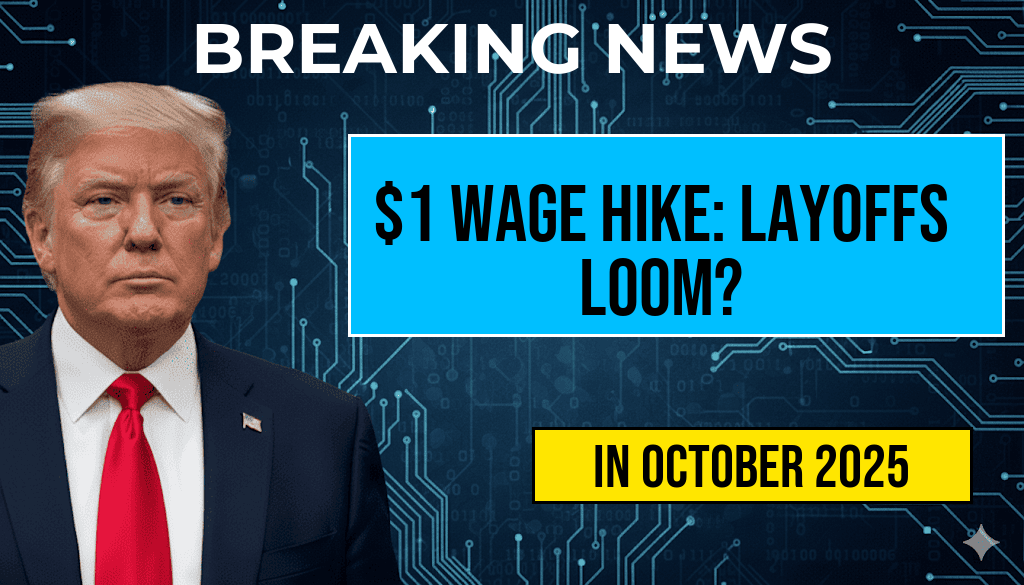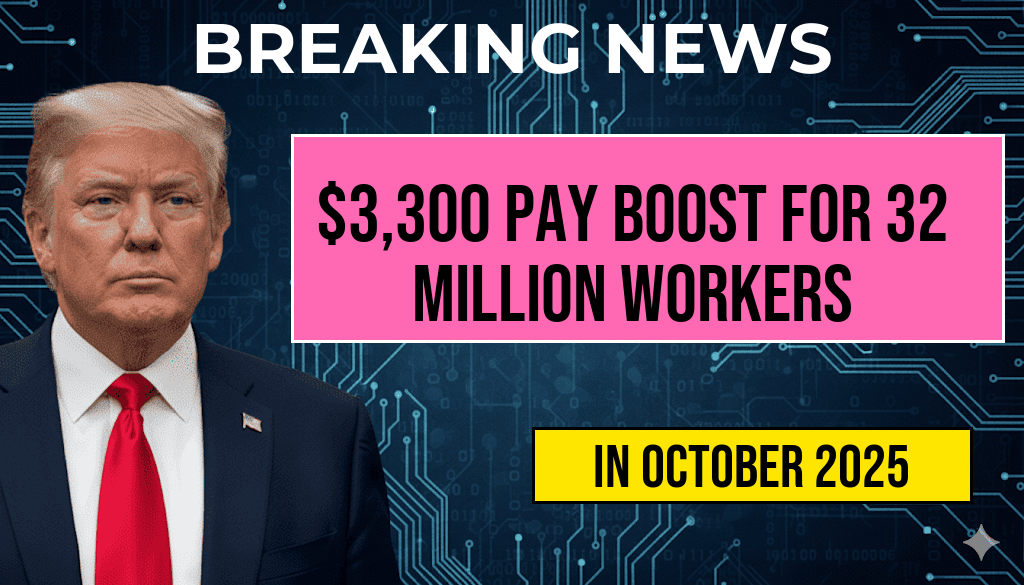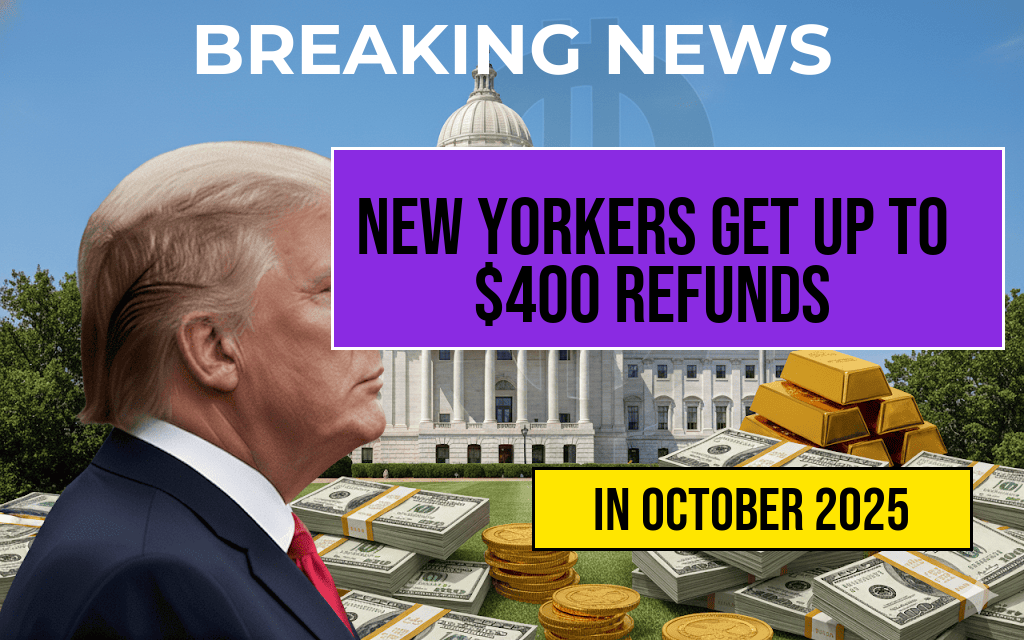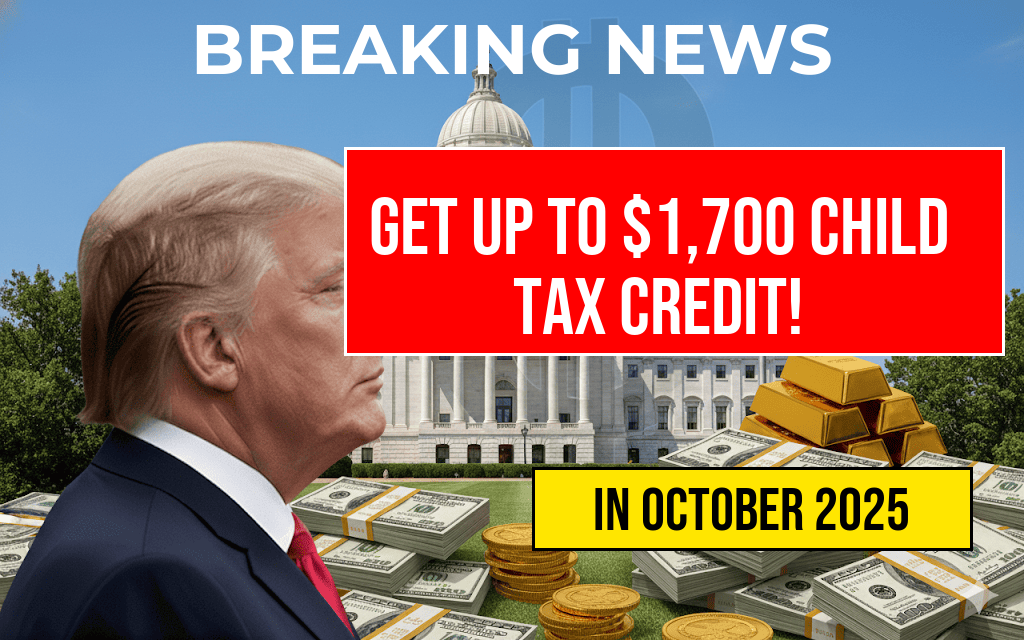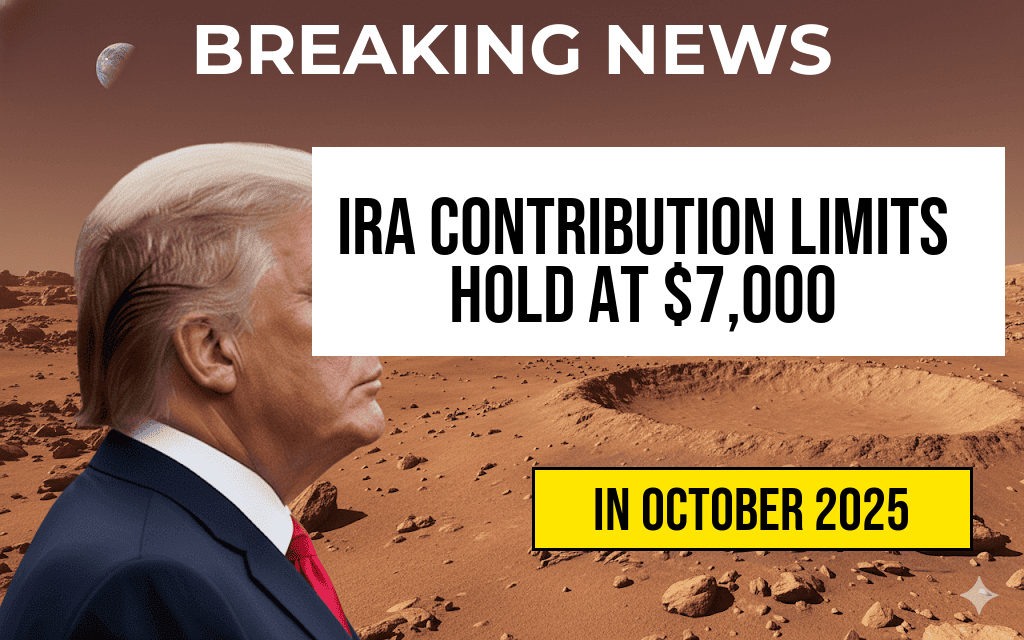A recent study has revealed that raising the federal minimum wage to $15 per hour could result in an annual pay increase of approximately $3,300 for around 32 million American workers. This significant wage adjustment comes as part of a broader discussion on income inequality and the cost of living in the United States. Advocates for the wage increase argue that the current federal minimum of $7.25 has not kept pace with inflation and the rising expenses of everyday life. The findings shed light on the potential economic impacts of a $15 minimum wage, which is a central topic in ongoing political debates.
The Economic Impact of Raising Minimum Wage
The study, conducted by researchers at the Economic Policy Institute (EPI), indicates that a federal minimum wage increase to $15 would not only benefit low-wage workers but also positively affect the economy as a whole. By increasing the purchasing power of millions of Americans, the change could stimulate consumer spending, which accounts for a significant portion of the U.S. economy.
Who Would Benefit?
- Approximately 32 million workers would see an increase in their wages.
- Many of these workers are over 25 years old and contribute significantly to their households.
- A substantial number of affected workers are employed in sectors such as retail, hospitality, and healthcare.
According to the study, the majority of those who would benefit from the wage increase are not teenagers working part-time jobs. Instead, they are individuals who rely on these wages to support their families. For instance, nearly half of the workers who would receive a pay increase are women, highlighting the gender disparities often present in low-wage employment.
Potential Challenges
Despite the potential benefits, there are concerns regarding the implications of a minimum wage hike. Critics argue that such an increase could lead to job losses as businesses may struggle to afford higher wages. However, research from various economic studies suggests that the job loss predictions are often overstated. Many small businesses adapt to wage increases through increased efficiency, reduced turnover, and higher employee morale.
State-Level Actions and Nationwide Trends
As discussions about a federal minimum wage increase continue, several states and cities have already taken steps to implement higher minimum wages. For example, states like California and Massachusetts have enacted laws to gradually raise their minimum wages to $15 or more. These local actions provide valuable case studies on the effects of raising minimum wages.
Success Stories from States with Higher Minimum Wages
In states that have already adopted higher minimum wages, studies have shown positive outcomes:
- Increased Earnings: Workers in these states have reported higher earnings and improved quality of life.
- Economic Growth: Local economies have benefitted from increased consumer spending.
- Reduced Turnover: Businesses have experienced lower employee turnover rates, saving costs associated with hiring and training new staff.
These findings suggest that a federal minimum wage increase could lead to similar outcomes on a larger scale, potentially reshaping the economic landscape for millions.
The Political Landscape
The push for a $15 minimum wage is not without its challenges. Political opposition remains strong, particularly in Congress where debates continue over the potential impacts on businesses and employment rates. Nevertheless, public support for raising the minimum wage has grown, with surveys indicating that a significant majority of Americans favor such measures.
As the conversation evolves, advocates for the wage increase emphasize the moral imperative behind ensuring that all workers earn a living wage. They argue that no one should have to work multiple jobs just to make ends meet.
Conclusion
The implications of raising the federal minimum wage to $15 per hour are profound, with the potential to uplift millions of workers and stimulate the economy. As more data emerges from states that have enacted similar changes, the conversation around wage reform will likely continue to gain momentum. Stakeholders across the political spectrum will need to weigh the benefits against potential challenges, paving the way for informed decisions that could impact the lives of millions of American workers.
For further information on the economic implications of minimum wage increases, visit the Economic Policy Institute or explore insights on Forbes.
Frequently Asked Questions
What is the estimated annual pay increase for workers if the federal minimum wage is raised to $15?
The study estimates a $3,300 annual pay increase for approximately 32 million workers if the federal minimum wage is raised to $15.
How many workers would benefit from the proposed federal minimum wage increase?
About 32 million workers are expected to benefit from the proposed increase to a $15 federal minimum wage.
What is the current federal minimum wage in the United States?
The current federal minimum wage is $7.25 per hour, which has not changed since 2009.
What are the potential economic impacts of raising the minimum wage to $15?
Raising the minimum wage to $15 could lead to significant pay increases for low-wage workers, potentially reducing poverty levels and increasing consumer spending.
When might the federal minimum wage increase be implemented?
The timeline for implementing a federal minimum wage increase to $15 would depend on legislative approval and could vary widely based on political circumstances.

